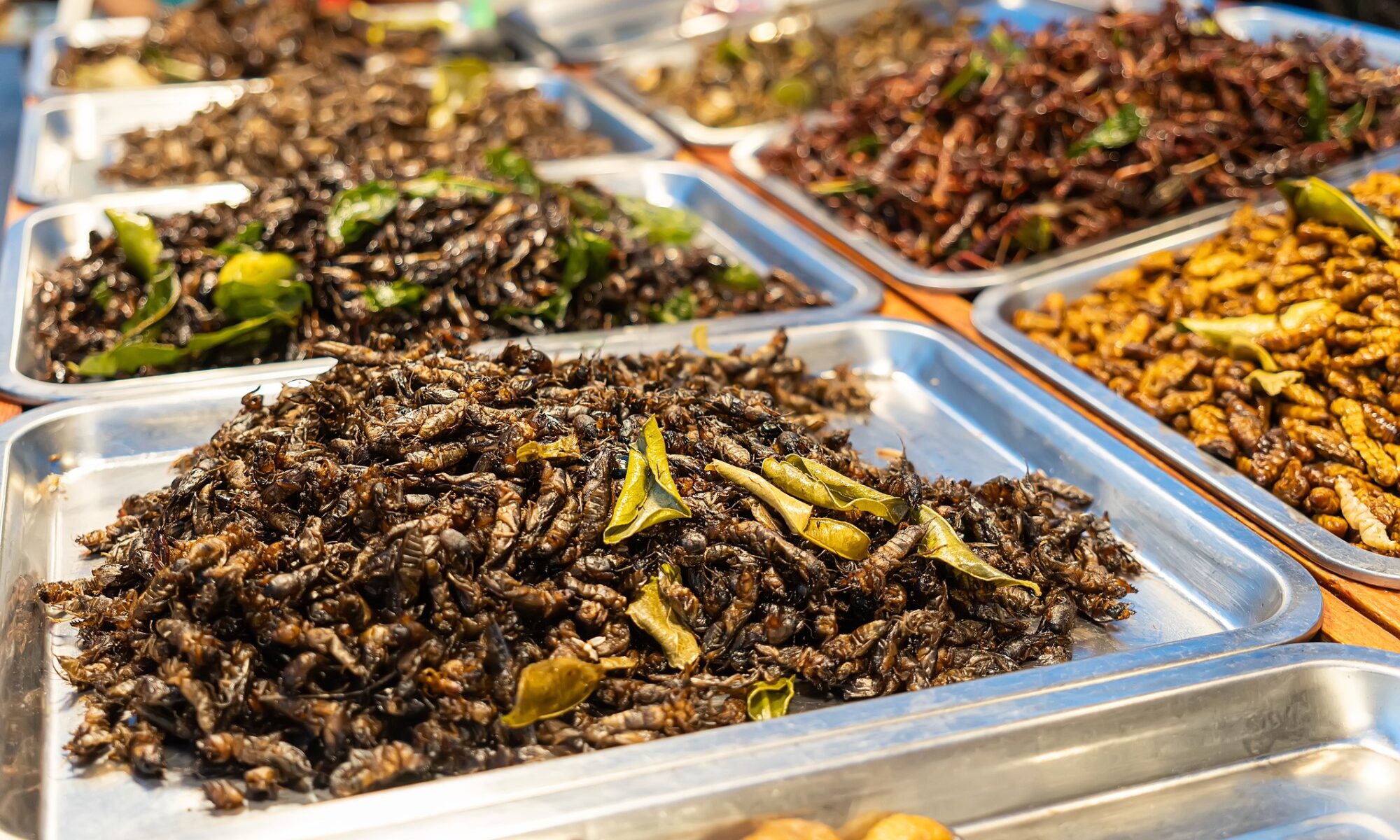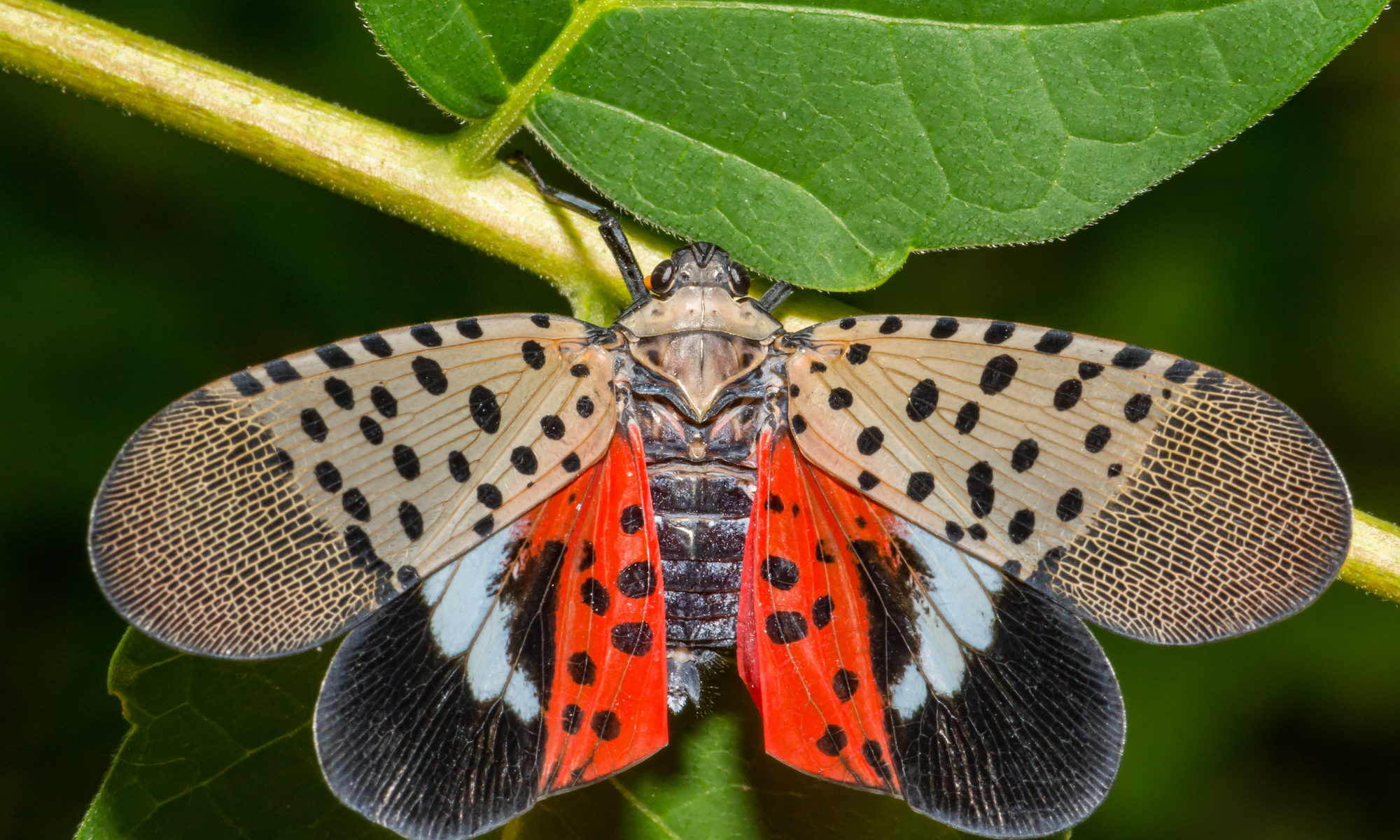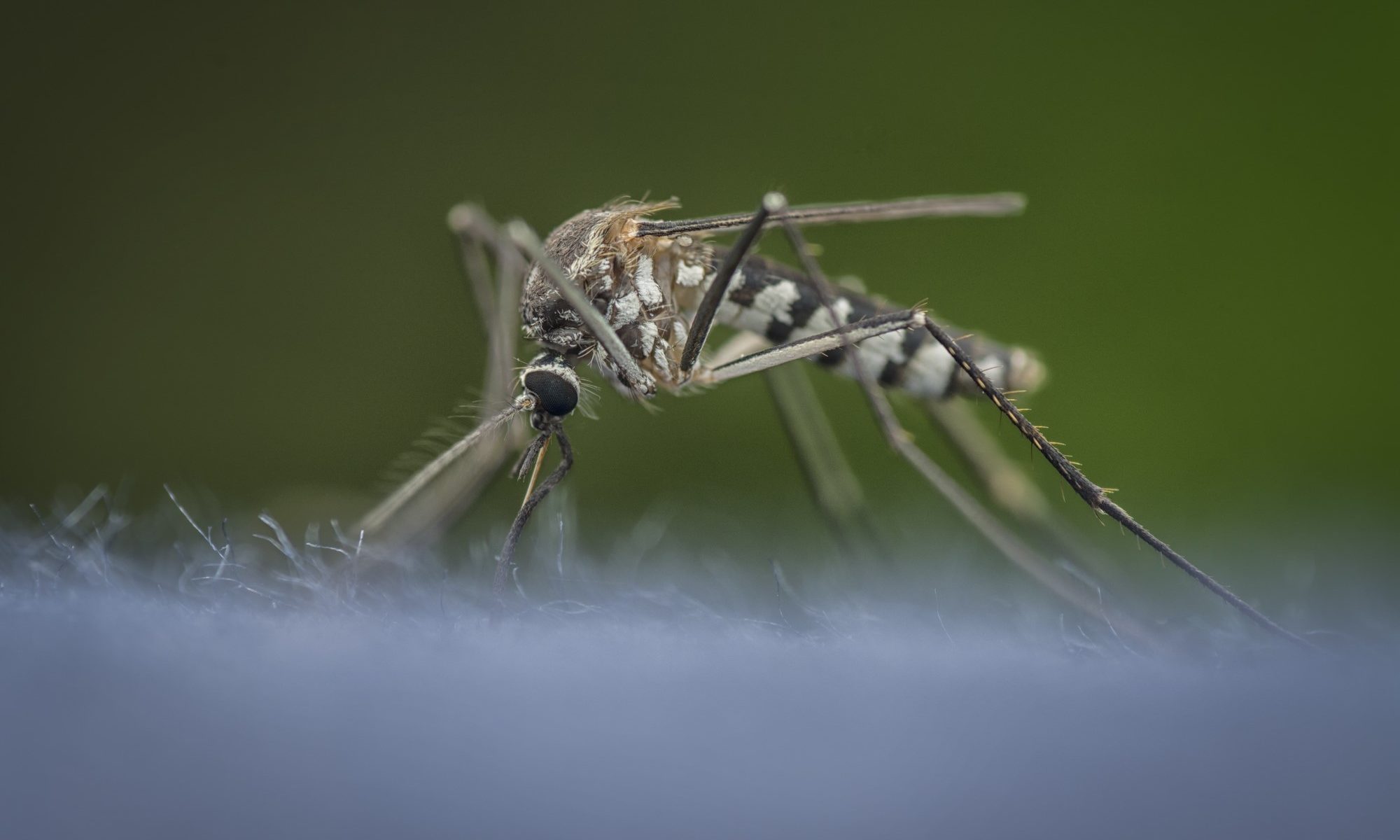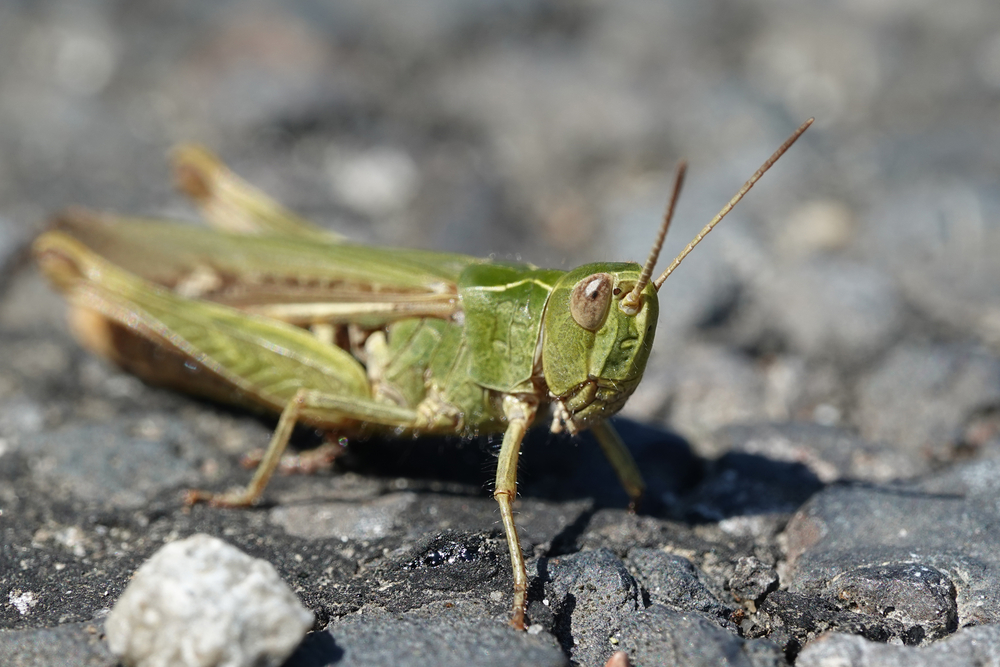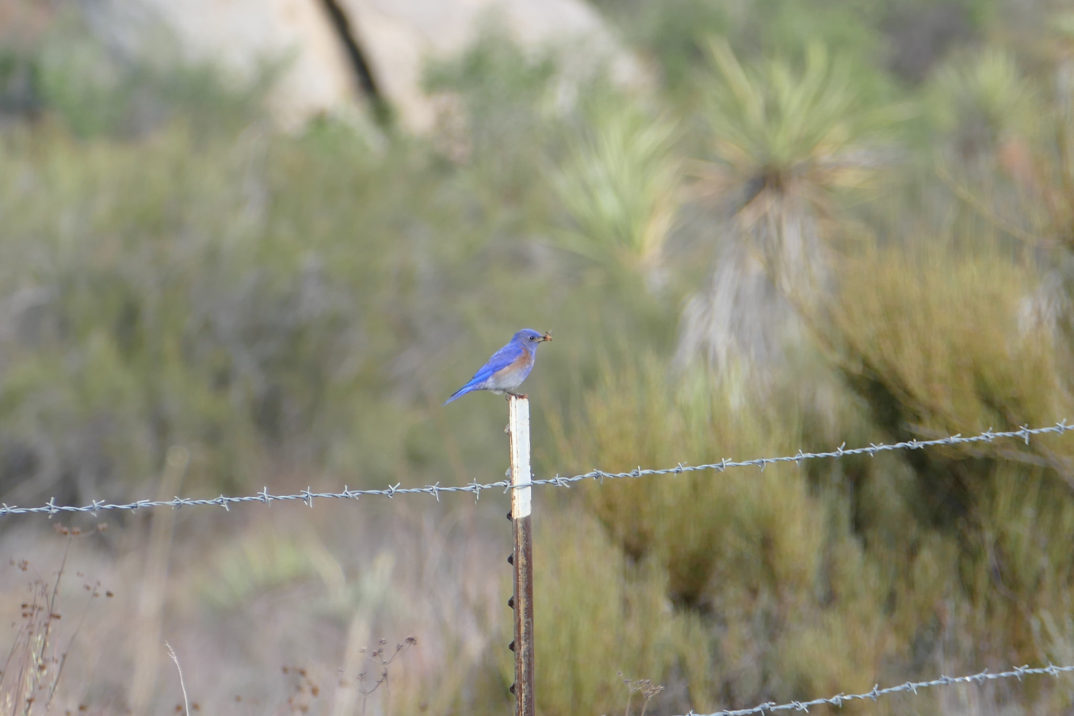This article contains spoilers for the 2013 film Snowpiercer and some possible spoilers for the series of the same name.
Last night, I attended a talk by the U.K.’s Royal Entomological Society. The talk was titled “Insects as Food and Feed: Delivering Insect Proteins in the UK.” The panel consisted of a lawyer specializing in the regulation of regenerative agriculture, technology, and innovation; a professor in animal health and production; a CEO of an insect-based waste management company; and a poultry nutrition and innovation manager. The general gist of the talk was to consider the scientific, legal, and market factors that might enhance or inhibit the use of insects as food, both for humans and for farm animals.
Now, I should have realized that a talk hosted by an entomological society, with a panel consisting of persons interested in seeing commercial insect consumption for both people and farm animals, would have a certain bias. Or, to put it more delicately, such an event would focus on the areas mentioned above and not consider, as a central point, the ethics of animal consumption. Unfortunately, this didn’t occur to me before attending the talk, and despite my best efforts during the Q&A (for which I wasn’t called to ask a question), I could not shift the conversation in a more philosophical direction.
So, I want to abuse my position here just a little and talk about one of the many ethical issues that insect farming raises: the symbolism of insect consumption regarding class division.
The reason this topic came to the forefront of my mind during last night’s talk can be traced back to a single point. About halfway through, the panel were discussing how to make eating insects more appealing to people. Obviously, to many of us, the idea of eating bugs rather than steak, chicken, pork, or any other farmyard animal, is less than appealing (I’m a vegetarian, so it’s all bad in my eyes). This, however, isn’t universal. In countries like South Africa, Zimbabwe, Tanzania, and Madagascar, insects form a staple part of one’s diet. Yet, here, in the “Western world,” there is a significant, if not overwhelming, taboo against insect consumption. So, any discussion about getting more people to eat insects, for whatever motivating reason, would naturally turn to methods.
A member of the panel noted that insect consumption is generally considered less troublesome when one isn’t faced with an actual insect to eat. Instead, revulsion at the idea tends to drop if they have been crushed, diced, blended, or processed via any other means. This shift shouldn’t be too surprising. It seems only natural that the physical nature of the insect, having to bite into a thorax or carapace, would generate feelings of disgust far more than if one can’t tell what a processed food was before being processed. So, the panel talked about protein powders, much like many of us use in our shakes or oats. But rather than the protein in these powders being sourced from things like whey, it would instead come from insects.
Ultimately, their argument was that the processing process rendered insects more palatable and thus would provide a valuable, and importantly, cheap, source of protein.
This stance makes sense to me, and I don’t wish to contest it. Nevertheless, the idea of processing insects to make them more likely to be consumed by a target population instantly conjured up memories of Bong Joon Ho’s 2013 post-apocalyptic action thriller Snowpiercer.
Before going any further, I feel compelled to say that if you have not watched Snowpiercer, stop reading this, go watch it, and then come back. The film is a masterpiece. It has a stellar cast (Chris Evans, Tilda Swinton, John Hurt, Ed Harris), fantastic set design, and a storyline and premise that captures you from the first frame to the last. I don’t want to spoil the film for you, so seriously, go now, watch it, and come back.
…
Welcome back.
Throughout the film, we follow the tailies (those living in the tail end of the train) as they fight their way up towards the train’s engine, the seat of symbolic and actual power. As they move forward, they move through the train’s class system and witness the increasing bleakness of life in the tail compared to the ever-growing luxury. It is with one scene before they get far on their journey, however, that instantly came to my mind last night.
After leaving the area where they had been contained, the tailies take control of a production carriage where the protein bars they had been living off of for the past 17 years were made. Chris Evens’ character quickly looks into the machine and sees (you guessed it) that the bars on which every person living in the train’s tail end ate were made from ground-up cockroaches. His reaction makes it instantly clear that neither he nor anyone else in the tail knew the true nature of what they were eating, and he decides to keep it that way. This scene starkly contrasts later ones where, as the group progresses, we see the splendor and variety of food the more affluent passengers ate (sushi, for example).
Now, I am not saying that this is what would occur in real life. I don’t think anyone on last night’s panel was suggesting that insects should be smuggled into people’s diets. Yet, there is something here — some sort of overlap — between the real-world possibility of processing insects so that more people would eat them, and the bleakness of Snowpiercer’s bug-based diet. And, after some reflection, I think it comes down to money. Or, put another way, down to the market forces that have opened a window and seemingly necessitate insect consumption.
Currently, buying insects to eat them is marginally more expensive than buying more traditional meat products (at least, it is in the U.K.). This, however, shouldn’t surprise anyone. Things get cheaper when production is scaled up, and at the moment, the edible insect market is small. So, companies that farm them are also small, with relatively high prices. There is also the legal environment with which to contend. Insects are only just now starting to be entertained as a suitable food. So, there are limited marketable opportunities because we don’t have straightforward or accommodating regulations. Should these two constricting factors change — a larger market and a less cautious regulatory and legal environment — the cost of insect production will fall.
Indeed, many believe the cost would fall so significantly that insects would make an ideal, cheaper, protein-rich alternative to pork, beef, chicken, etc. After all, it takes far less space and resources to farm insects than it does cows, pigs, or sheep. Plus, insects can be fed things which farm animals cannot (things like waste).
It is this point, however, that gives me pause for thought. I am not against finding cheaper (and more environmentally friendly) ways of feeding people; far from it. But I don’t think we can get away from the fact that marketing insects as a cheaper alternative to traditional meats means that those with the shallowest pockets are more likely to buy them, even if they don’t necessarily want to. This possibility is something we see all the time when it comes to the purchase of foods that are cheap yet unhealthy. People, generally, don’t want to buy things that will make them ill in the long run, but when that’s all they can afford, and when our economic and food production systems funnel consumers into those purchases, they have little alternative.
The same is true here with insects. Not that they may make people ill, but those who can’t afford anything else will be forced to have bugs for dinner by their economic reality.
Of course, on the flip side of this, we have the rich. Those with the material resources can purchase what they want, when they want, free from the constraints under which many others labor. For them, insect consumption might be a choice, they might make such sources of protein a staple of their diet. They might eat bugs occasionally or as a one-off just for fun. Or they might never do it because the idea gives them the willies. The important thing, though, is that they have a choice. They can decide, and my sneaking suspicion is that for many here in the West, given how attached we are to our traditional meats, we would be reluctant to give them up for a bug burger, even if the insects are well processed.
And so, what I worry about, what Snowpiercer depicts, and what I think is almost inevitable with our general rush to the bottom economic system, is that people with low incomes will be forced, through the accident of birth and the whims of a financial system over which they have no meaningful control, to exist on protein bars, shakes, and other products. At the same time, those who already possess substantial material and financial resources will find that anything resembling a decent cut of meat will be theirs to enjoy without competition.
Ultimately, I worry about bug consumption’s class implications and social justice concerns. I don’t want to live like a tailie, and I certainly don’t want to have the idea sold to me as a benefit when, in reality, it constricts diet options even more than finances already do.

